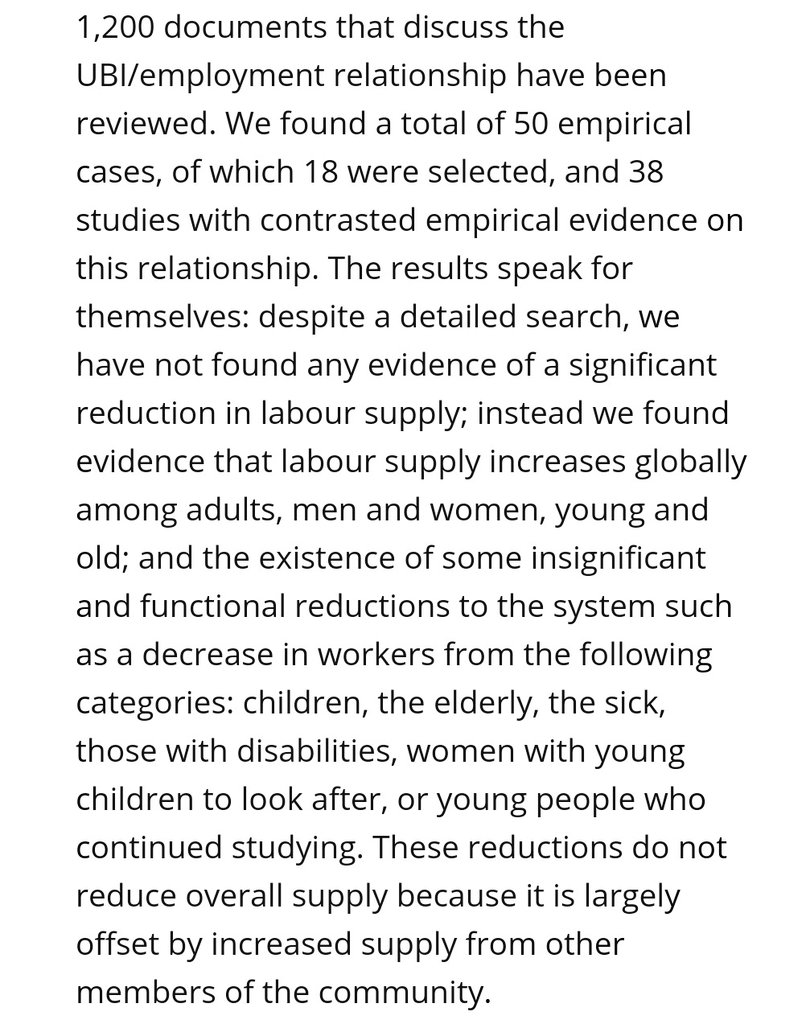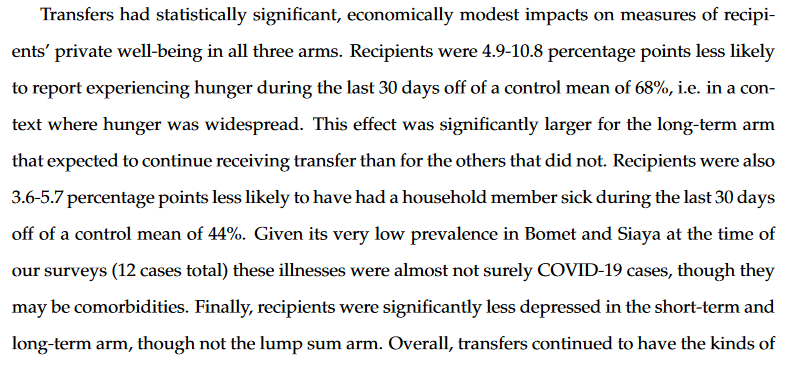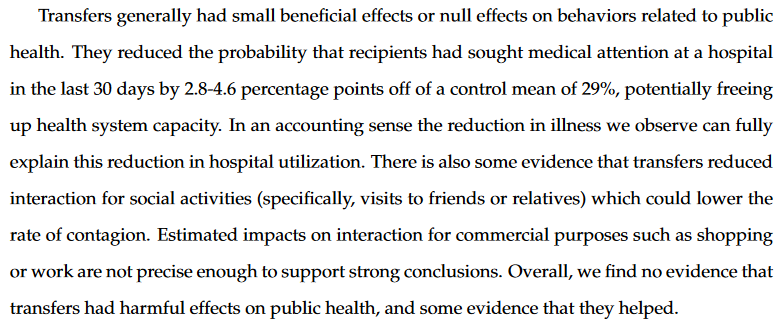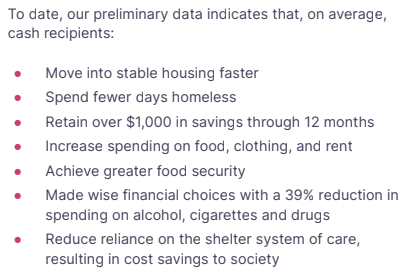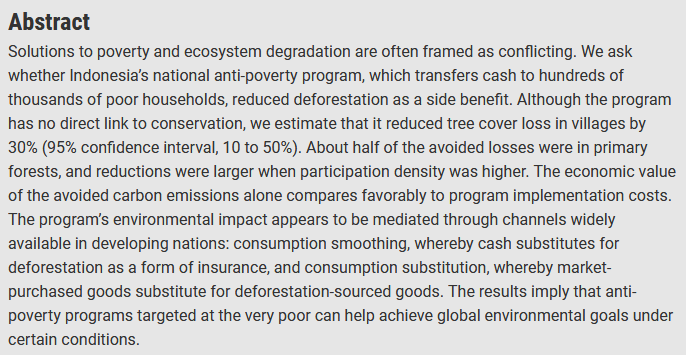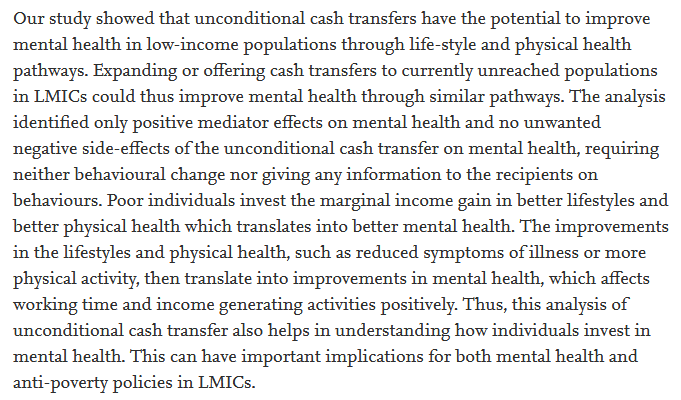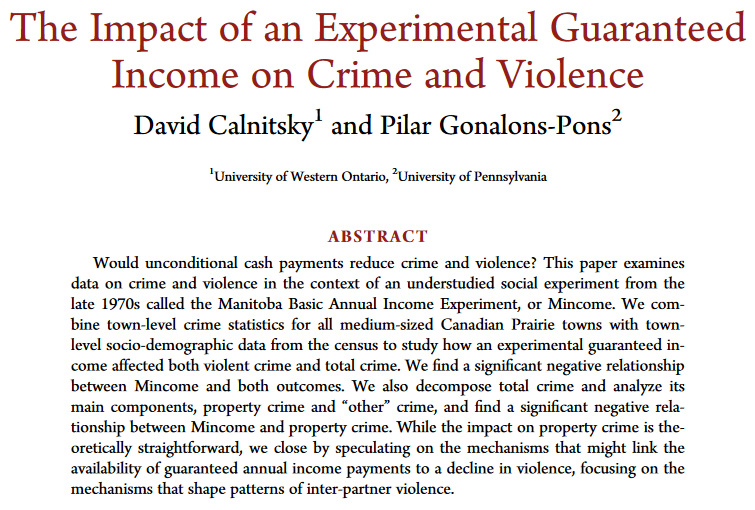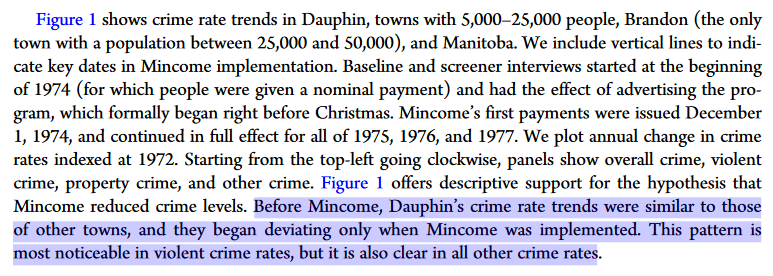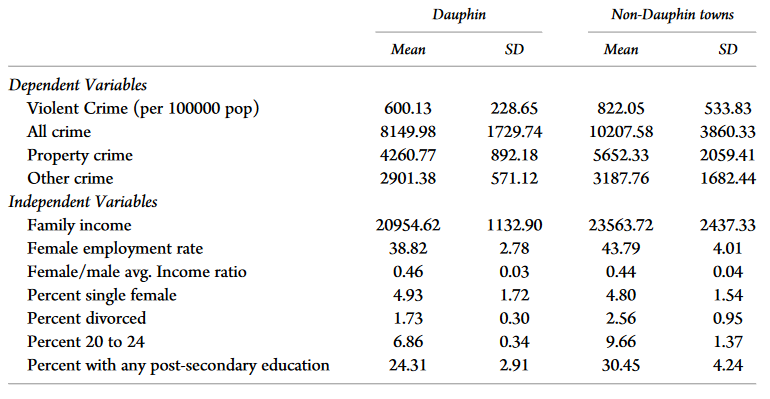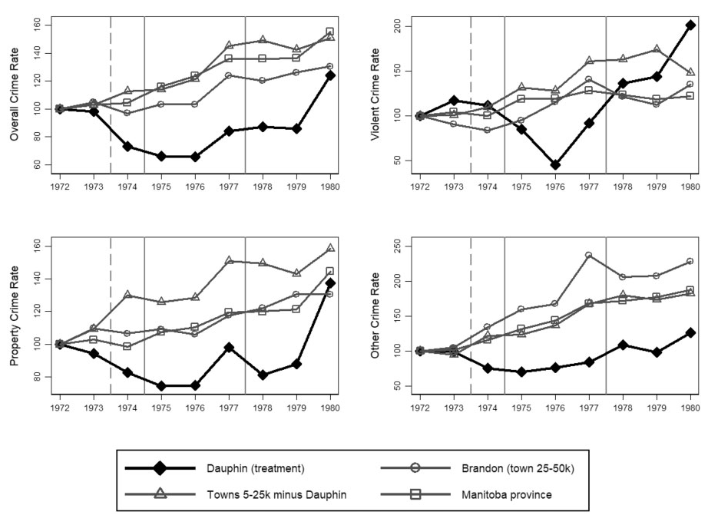
Because of its unconditionality, basic income is for everyone, but because everyone gets it, we can look at its effects on certain demographics. What would UBI do for single mothers, for foster youth, for Black & LGBTQ communities, for artists, for veterans, for ex-felons, etc?
The pilots popping up all over the place to look at the effects of UBI on specific groups aren't saying that UBI is only for those groups. It's about getting people from different communities to think about the effects of UBI on their own communities.
This is about storytelling.
This is about storytelling.
If you can see yourself in the success story of someone provided unconditional basic income, then you are more likely to see the good sense of it. By creating a tapestry of stories people see themselves in, that's how we build a successful coalition.
A + B + C + D + E … = UBI
A + B + C + D + E … = UBI
Any experiment we do will never actually be UBI, because the only way to do UBI is to do actual UBI. But in the same way UBI is a social vaccine, vaccines are trialed, but not on everyone, and the trials will never show herd immunity, but the effects on individuals show efficacy.
But basic income pilots are not only about showing it works, or getting people to see themselves in the success stories, it's also about getting influential organizations on board. A pilot focused on a demographic can win the support of an org focused on that same demographic.
When organizations that wield a lot of influence recognize that UBI will help accomplish their mission statements, then they can leverage their influence to get sitting politicians on board. That's when the wheels really start turning.
To win UBI requires strategy, not purity.
To win UBI requires strategy, not purity.
We need to be doing everything we can to make UBI happen, and part of that is welcoming all those who wish to zoom in on what UBI will mean for the communities they most want UBI for.
Small pilots will never be UBI, but they can inspire people, and build a winning UBI coalition.
Small pilots will never be UBI, but they can inspire people, and build a winning UBI coalition.
• • •
Missing some Tweet in this thread? You can try to
force a refresh

